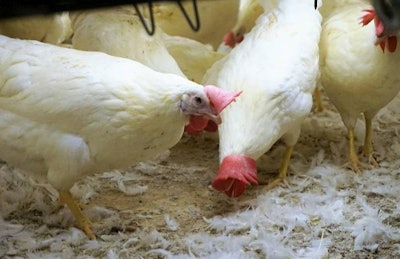
The word transparency is fashionable. We hear it politics and in resource management. And no wonder, because we are witnessing the opposite: opacity.
In the recent closing session of the egg promotion campaign (“El huevo, de etiqueta”) in Madrid, Spain, Medin de Vega, president of Inprovo said something that caught my attention: "The egg industry has been a passive victim of news," because of the crisis that it has faced for years with the misconception of cholesterol and now cage-free production. I think the broiler industry has also been a passive victim, because of the misconception of the use of hormones in production, among others.
de Vega added, "Behind the crisis, the reality is hidden, so we had to talk about us," egg producers, and that, "We had to connect both ends of the chain: producers and consumers."
True. It may be that sometimes the poultry industry is too passive or does not have a more dynamic attitude (like the activist groups do). The president of Inprovo also said, "Transparency in the industry is not facilitated." I think that's exactly one of the keys: the lack of transparency.
In the interests of biosecurity, we have sealed the view to the public. The poultry industry is not seen. With good reason! As a Mexican involved in the industry, I have openly and without subterfuge been forbidden entry to poultry facilities in Brazil. I have never opposed these measures, nor do they bother me. Rather, I appreciate it, because I would not want one of my visits to coincide with a disease outbreak, even if I am not the cause.
But I ask: Should we not open up the industry to information? When we do not let others see what we do, it leads to speculation. I think opening up to journalists who can spread the (good) word and avoid spreading rumors, would suit us. We would need to look for a consensus between the industry, authorities and animal health experts to be open and be transparent. What do you think?


















